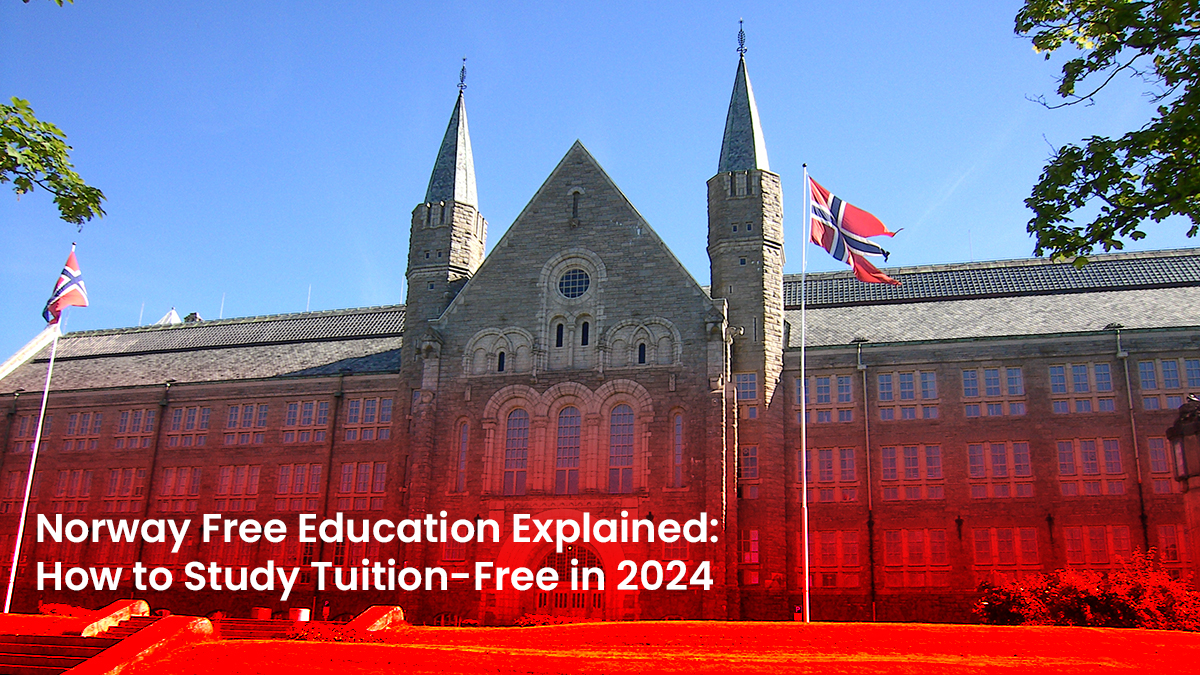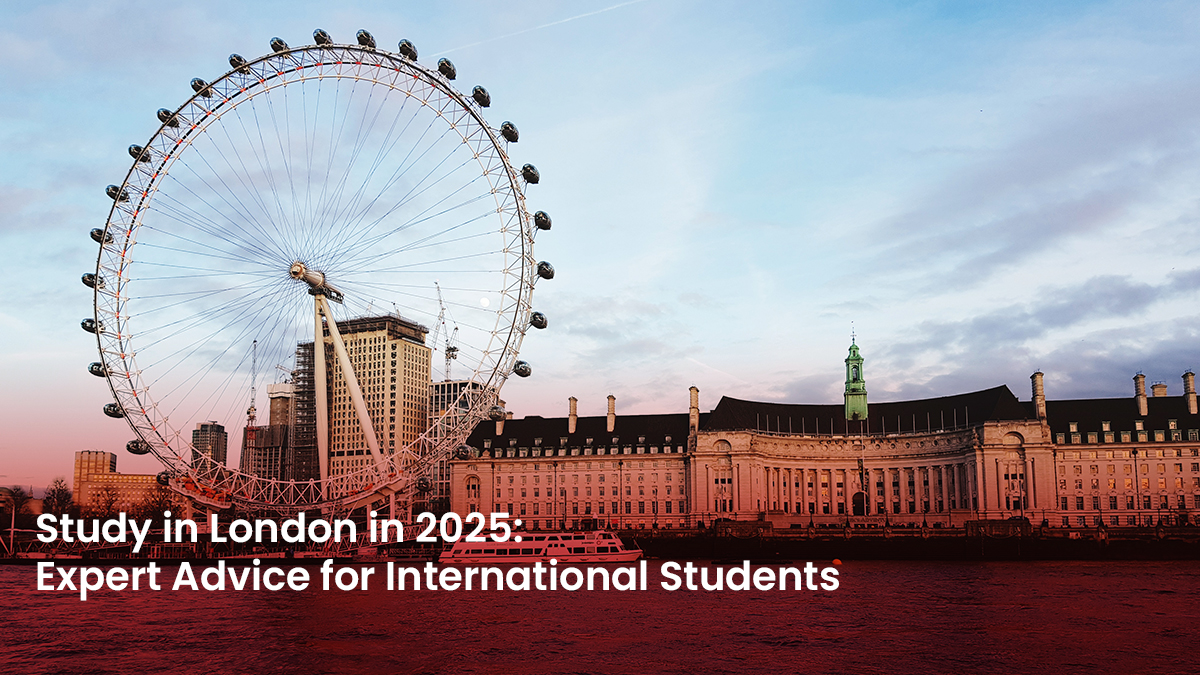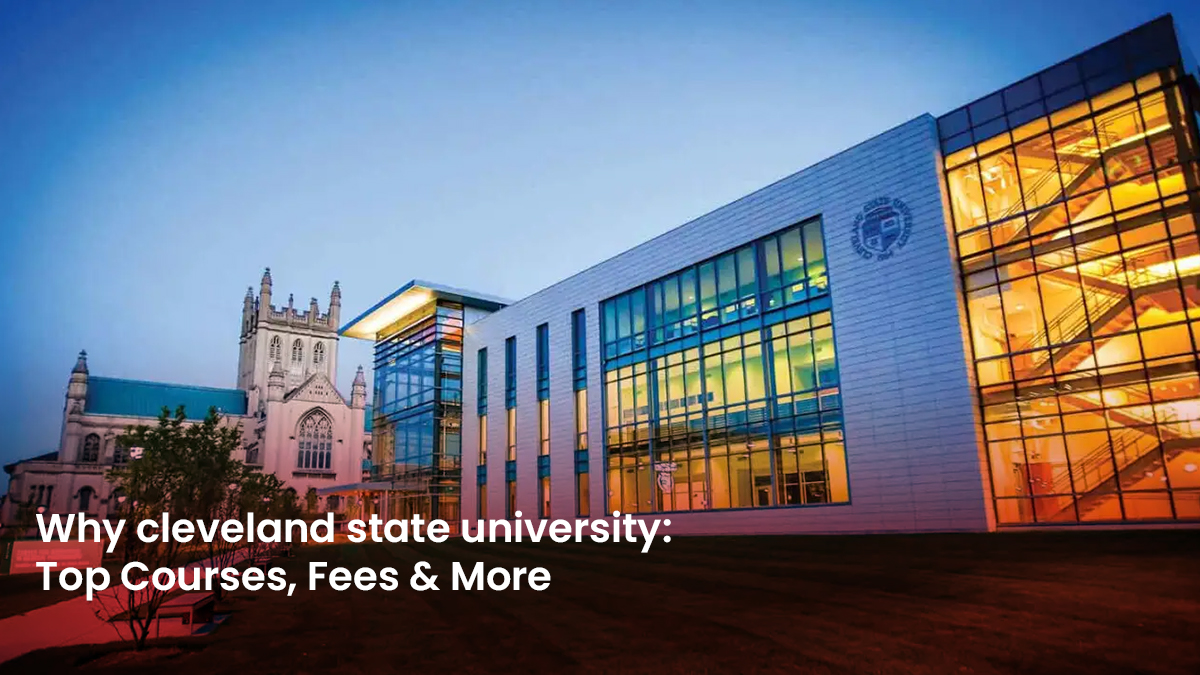The Turing Scheme, the UK government’s flagship initiative meant to fund international opportunities in education and work experience globally, has been extended for three years. Universities UK (UUK), the collective voice of 140 universities in the country, has confirmed the continuation of the scheme.
The Boris Johnson government has announced £110 million for the academic year 2022-23 for the scheme, which aims to provide funding to thousands of students across the UK to go on life-changing placements and exchange programs overseas. It will deepen the UK’s history of recognizing the importance of cultural and academic exchanges. Organizations in higher education, further education, vocational education and training, and school sectors will be encouraged to offer their students experiences to study or work abroad.
Under the scheme, successful applicants from across the UK have received more than £96 million in grants for international education and training experiences. Funding was provided for more than 40,000 proposed overseas placements in about 139 countries during the 2020-21 academic year.
The funding received will enable selected candidates to pursue studies or work placement overseas, which, in turn, will help them develop transferable and hands-on skills, and get crucial international experience and exposure. In addition, it will allow participants to witness different cultural experiences and learn new languages, which add value to their CVs and enable them to be more prepared for the job market.
Funding for students will vary based on the type of placement they take part in and the country they visit. Institutions can send their students to non-UK higher education providers or any non-UK public or private organization active in the labor market or in the fields of education and training. These include public or private enterprises, a public body at the local, regional, or national level, research institutes, foundations, and bodies providing career guidance, professional counseling, and information services.
Funding will be different based on the placements and the country a student plans to visit. More information will be provided to students from their institutions as to how they are utilizing the scheme, the countries students can visit, and how they can make the most of the opportunities.
India is also one of the countries included on the list of selected nations where UK students can visit. The UK’s Department for Education had said that India is among the list of countries on priority when it comes to materializing student exchange projects.
The UK government targets generating £35 billion annually, and increasing incoming international student numbers to 600,000 by 2030. Some of the top application destinations in terms of universities include the United States, China, Canada, Australia, France, Spain, Japan, Hong Kong, and India.
A report by UUK has also revealed that placements in other countries, even if they are of short duration and those that could be funded under the Turing Scheme, provide solid benefits for students. It said that short programs of up to four weeks with specialized activities had a significant impact on the personal and professional growth of students, with better employability and international exposure.
When it comes to hosting international students, the UK gets nearly £28.8 billion pounds added to its economy in one year, with India among the top overseas education markets.












